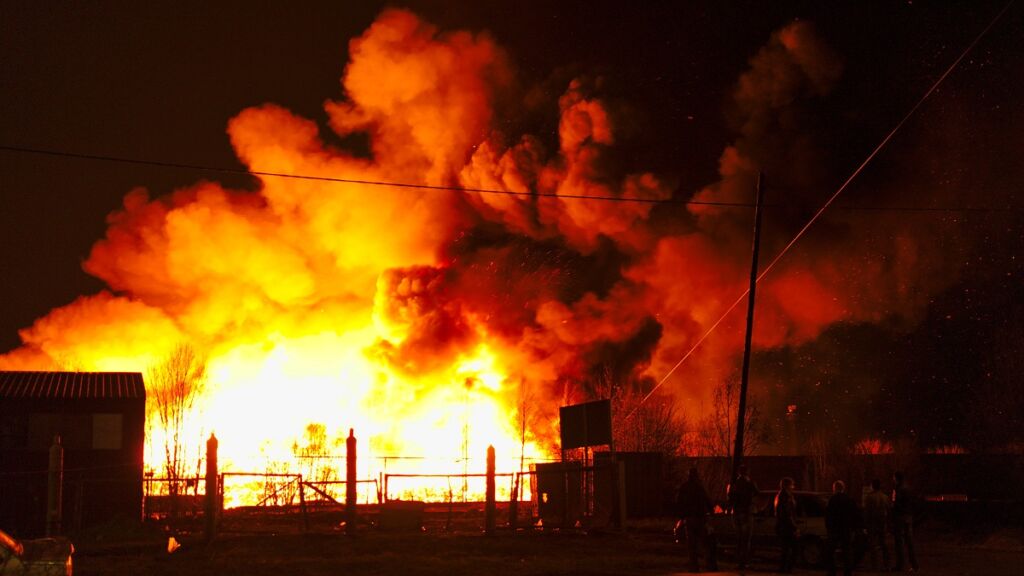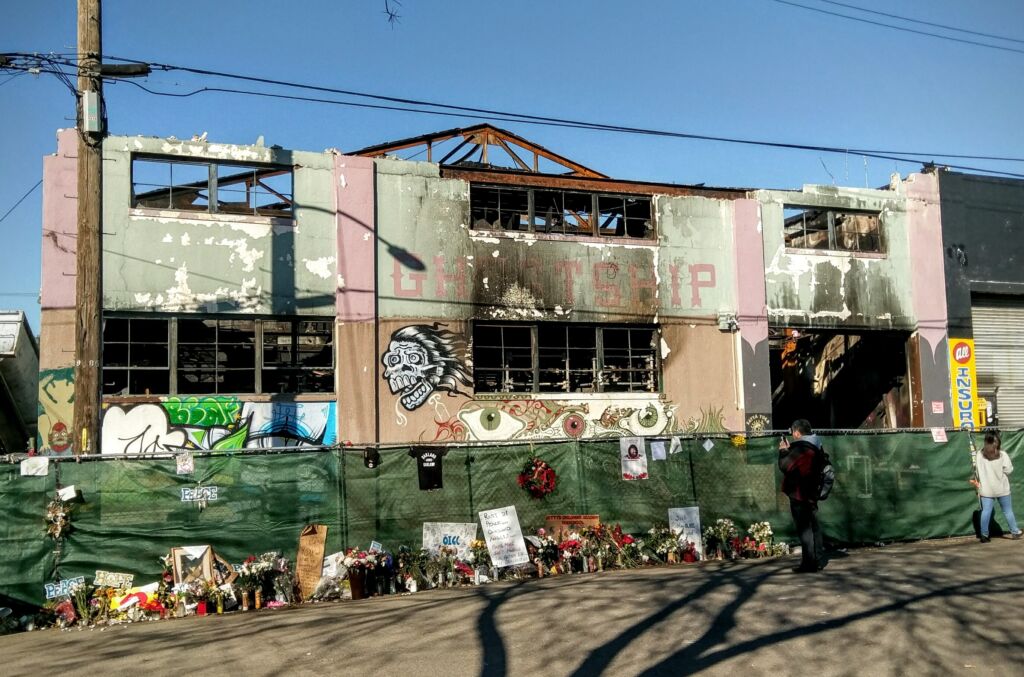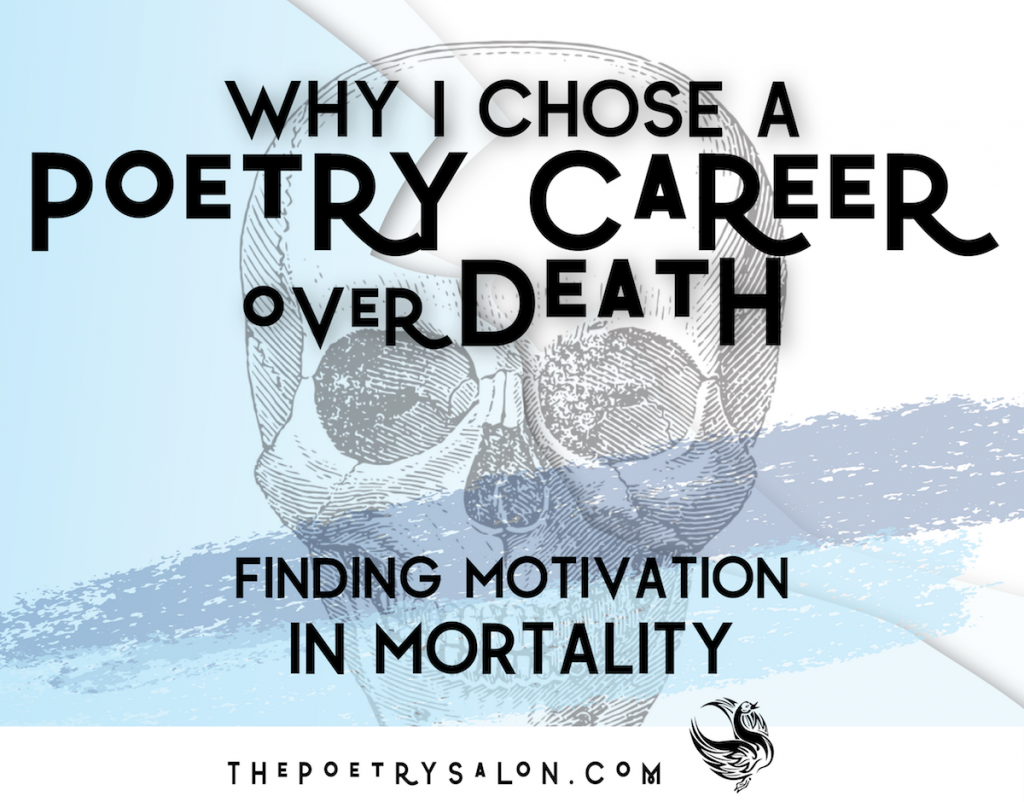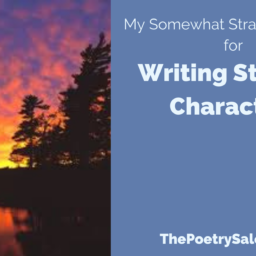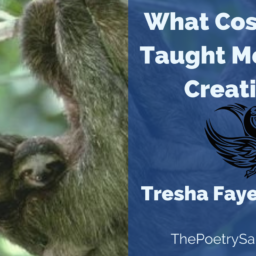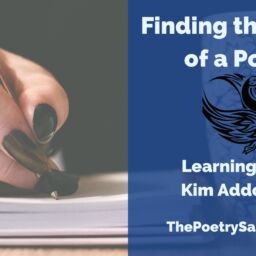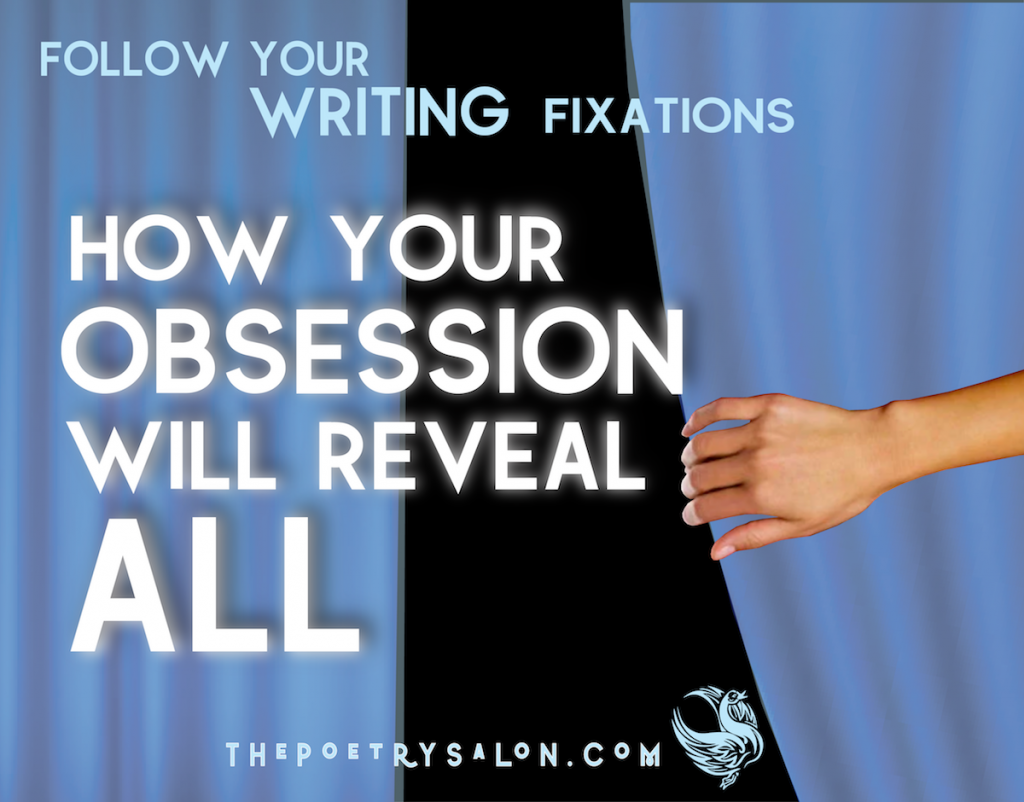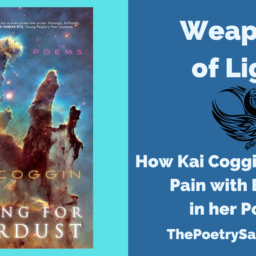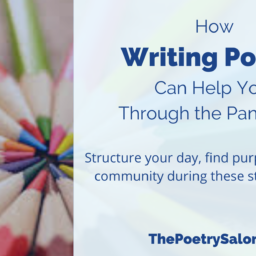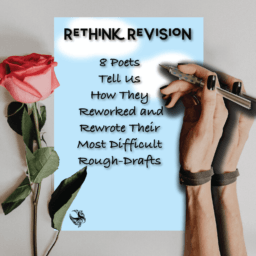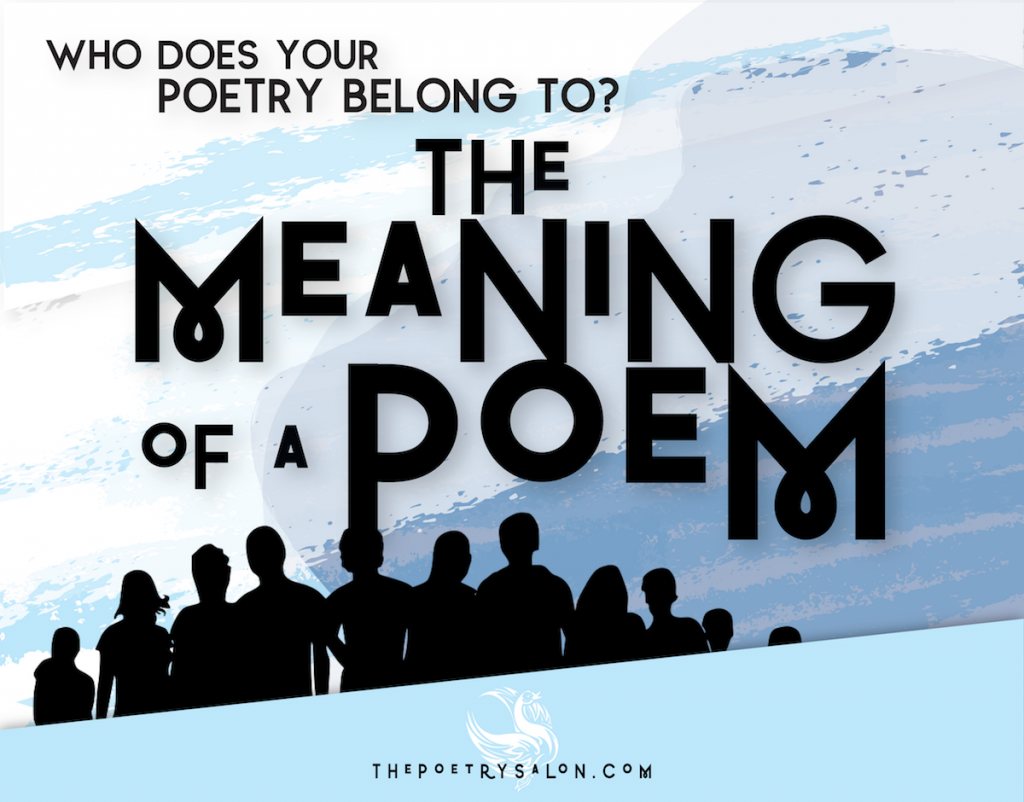This month at The Poetry Salon we are focusing our attention on the work of Sonia Greenfield, author of Boy With a Halo at the Farmer’s Market, American Parable, and Letdown. Sonia is also the editor of Rise-Up Review, a journal that is self-described as “a landing site for the language of opposition.” In the about section, Sonia writes:
Poetry has the ability to address injustices and oppression in a manner that is both lyrical and intimate. The best such instances of this power avoid the didactic, because we learn about human evils and frailties, human love and strength, from the stories we tell. Poetry is a hammer is a flame is a flag of dissent is an olive branch. We proffer it to you.
Sonia’s own work often revolves around the intimacies of how policies, current events, and stories in the news can affect people on individual levels. I want to look at one such poem, and discuss how she creates a piece that is both personal and political, beautiful and ugly, universal and authentic at the same time. We hope this helps you write poems of the personal and political too.
Ghost Ship
Sonia Greenfield
I have been that young, that electrified
by the bohemian scene of a city spilling its lights
all around me. I have been to parties
in sketchy spaces where painters have work
on the walls that should be seen by millions
but is seen by the few of us figuring out
who we’re going to fuck after too much cheap wine
drunk from plastic tumblers, figuring out
how we’re going to make it a country’s width away
from families, struck out on our own
like explorers getting comfortable with being alone
in a wilderness that is actually just a room
rented in a house of strangers. I have been
that woman high on E, my eyes doll-dark, jaw
clenched, body ready to swallow pleasure
in a million lusty gulps. I know any space we inhabit
can become a ghost ship. I have read enough
to know stories of wildfires, of boats found
empty, of the soul yanked whole-cloth from
its innocent wearer. But you can’t live in fear
of the apparition, the adventurers afloat on
their rickety structure and cast to a sea
of flames. It can happen at any time to anyone,
so when music flares up and takes a hold of you,
when a swirl of colored spot lights sets you
spinning, you have to dance as if
the very act of living depends on it.
—from Poets Respond, December 11, 2016
In case you missed it in the video, here is some background on the issue Sonia is responding to in her poem. This poem is a response to the burning of Ghost Ship.
“Ghost Ship” was a warehouse space in Oakland that was used as an artists’ collective– a bohemian community where people lived, put on live shows, and enjoyed distance from mainstream society’s influence and regulation. The warehouse was not permitted for residential or entertainment use, and was an extreme fire hazard. On December 2nd, 2016 when it caught fire, most of the people inside died. 36 people in total passed away. Sonia Greenfield’s poem explores the experience of these bohemians living under the radar of society, and the resulting unexpected tragedy that befell.
Let’s look at the way Sonia handles this issue, what is working well, and what you can learn from reading this and others of her poems.
- Choose a Specific Topic that You Relate to Based on Your Personal History
A lot of us feel tempted to weigh in on issues that may or may not actually affect us directly. As a white, cis-gendered woman, I have feelings that come up around the Black Lives Matter movement. However I don’t have direct experience living as an African-American person, so it would be hard for me to speak to the concerns of BLM. Sonia’s poem focuses on the Ghost Ship fire because she once lived in Oakland and attended parties in dangerous structures like it. This gives us the opening line “I too have been,” which tells us how the speaker relates to this topic, and why it is important to her.
This doesn’t mean you only have to write about people who are like you or who look like you, but try to find the thread that legitimately binds you to the larger social issue. For example, I’ve seen poems in which Jewish women relate their grandparents’ history of fleeing the Holocaust to the plight of immigrants fleeing from various parts of the world today.
- Build Empathy Rather than Judgment
Most political poems come across as preachy. The speaker wants to give us a moral or message or tell us what they think about a topic. One of the things that Greenfield does well, both in “Ghost Ship” and other poems is to make the political personal. “Ghost Ship” is engaging because the speaker shows her vulnerability and complicity when she tells us how she has “been high on E, doll-dark…” dancing like those who were killed in the fire. She comes across as part of the tapestry, inside the situation instead of standing on the outside, judging it. This builds a deeper connection with the victims, rather than a separating judgment for the irresponsible owners of the building who failed to protect their tenants. Toward the end of the poem she brings her attention back to the personal again and finds the way that this social issue affects her personally. Look at the following passage.
I know any space we inhabit
can become a ghost ship. I have read enough
to know stories of wildfires, of boats found
empty, of the soul yanked whole-cloth from
its innocent wearer.
Notice that she brings it back to the ‘we,’ – “any space we inhabit can become a ghost ship.” It makes it relevant to the speaker, and importantly, it makes the issue relevant to the reader as well. It frames the incident as about more than the political. Whether a person is a bohemian or not, we all could lose our lives one way or another. It brings the speaker and the reader into awareness of our own mortality, whoever we are. It builds our empathy so that we see how this relates to us.
- Look for the Helpers, the Hope, the Life Affirming Element in Addition to the Problem
Nothing in life is entirely black and white. Poetry often seeks to balance what Jung would call the “tension of the opposites.” It can follow the advice of Mr. Roger’s mother, who said that in terrible circumstances one should, “Look for the helpers.” Really successful poems shows life in its agony and ecstasy, terror and beauty, mortality and immortality at the same time.
Notice how the ending lines of “Ghost Ship” turn the poem from anxiety towards hope. She finds the life-affirming reason why the victims of the Ghost Ship fire engage in these dangerous activities. She finds inside the tragedy a reminder that the cause of the fire, the circumstances of the fire, were built out of a desire to live. It puts the reader’s attention on the capacity of human beings to dance and create, rather than reminding us of the terrible fate of those who burned as a result.
Sonia Greenfield’s poetry is engaging, imaginative, and brings readers into awareness of their fragility, their resilience and their own capacity for joy. If you want to steal a little from this poem, consider using this prompt to write one of your own.
Prompt:
- Find something specific in the news that interests you.
- Do a Google search and find photos related to the event. Make a list of the imagery you see, or any phrases that use imagery in the article(s) you are reading.
- How do you relate to this topic? What does it remind you of in your personal background?
- Are there any personal questions or fears this raises for you?
If you’re struggling to begin, try writing a poem that begins with the line “I too have been…”
If you’re struggling for how to end it, try adding a line that starts with “We all have…” or “We all are…” or “Now I know how we…”
If you write such a poem, feel free to post it here or send it to me privately!
Enjoy.
